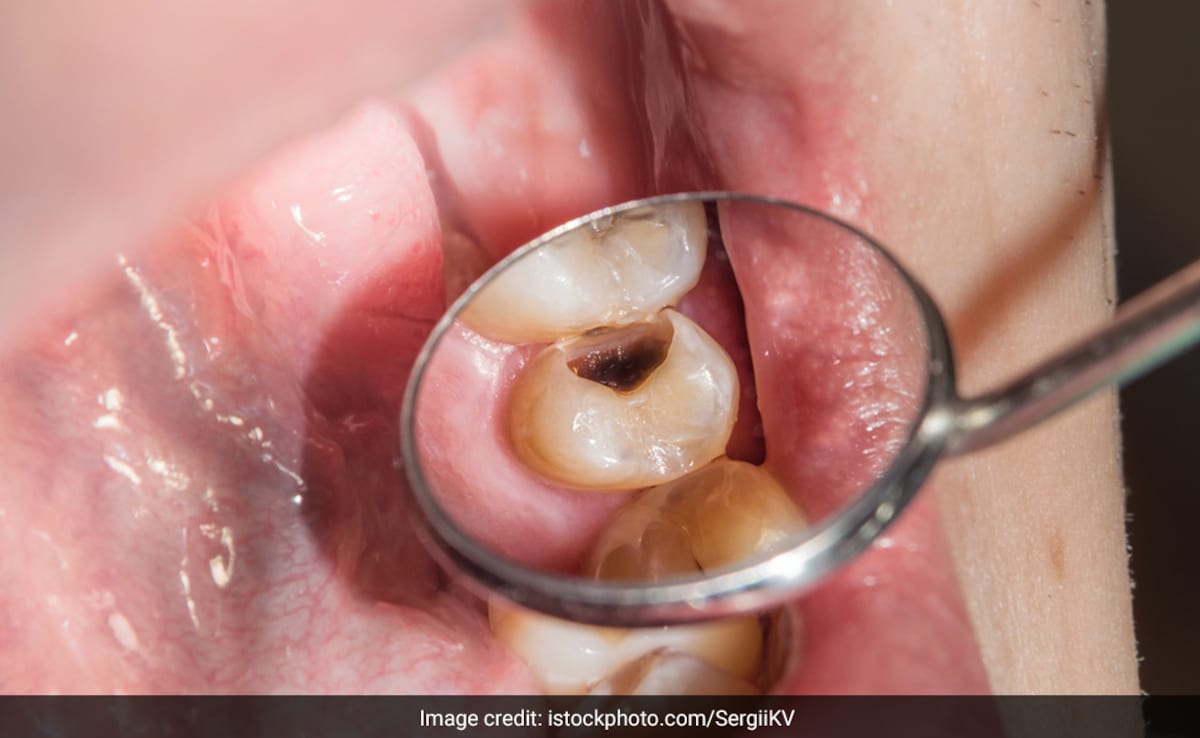
Diet sodas are carbonated beverages that use artificial sweeteners such as aspartame, sucralose, or saccharin instead of sugar to provide sweetness with little to no calories. While they may seem like a healthier alternative to regular sodas, consuming diet sodas regularly can be harmful. Research suggests that habitual intake of diet soda is linked to various health issues. The artificial sweeteners can disrupt the body's natural ability to regulate calorie intake, alter gut microbiota, and impair insulin sensitivity. Keep reading as we list ways in which diet sodas can be harmful to your health.
10 ways in which excessive diet soda intake can be harmful
1. Obesity
Artificial sweeteners in diet soda can disrupt the body's ability to regulate calorie intake, leading to increased hunger and cravings for sugary foods, which can contribute to weight gain. Limit consumption of diet soda and opt for water, herbal teas, or naturally flavored water instead.
2. Risk of type 2 diabetes
Regular consumption of artificial sweeteners may alter gut microbiota and impair insulin sensitivity, increasing the risk of developing type 2 diabetes. Reduce or eliminate diet soda from your diet. Focus on whole foods and maintain a regular exercise routine.

Photo Credit: iStock
3. Heart disease
Studies suggest a link between artificial sweeteners and an increased risk of cardiovascular events such as heart attacks and strokes. Opt for heart-healthy beverages like green tea or water with a splash of lemon.
4. Kidney damage
High consumption of artificial sweeteners may stress the kidneys and lead to reduced kidney function. Stay hydrated with water and reduce the intake of diet sodas. Regularly check kidney function through medical check-ups, especially if you have preexisting kidney issues.

Photo Credit: iStock
5. Bone health issues
Phosphoric acid in diet soda can interfere with calcium absorption, leading to weaker bones and an increased risk of osteoporosis. Limit diet soda and increase intake of calcium-rich foods like dairy products, leafy greens, and fortified foods.
6. Dental problems
Diet soda is acidic, which can erode tooth enamel and lead to cavities and other dental issues. Rinse your mouth with water after drinking diet soda and maintain good oral hygiene practices. Consider using a straw to minimise contact with teeth.

Photo Credit: iStock
7. Metabolic syndrome
Regular consumption of artificial sweeteners can lead to metabolic changes, increasing the risk of metabolic syndrome, which includes high blood pressure, elevated blood sugar, and abnormal cholesterol levels.
8. Addiction
The intense sweetness of artificial sweeteners can lead to psychological dependence and cravings for sweet foods and beverages. Gradually reduce your intake of diet soda and replace it with healthier alternatives.

Photo Credit: iStock
9. Digestive issues
Artificial sweeteners like aspartame and sucralose can cause gastrointestinal distress in some individuals, leading to bloating, gas, and diarrhoea. Identify and avoid the specific sweeteners that cause issues for you. Opt for beverages that are free from artificial sweeteners.
10. Mood disorders
Some studies suggest a link between artificial sweeteners and mood disturbances, including depression and anxiety. Reduce or eliminate diet soda and focus on a diet rich in nutrients that support brain health, such as omega-3 fatty acids, B vitamins, and antioxidants.

Photo Credit: iStock
By understanding these potential health risks and adopting healthier beverage choices, you can mitigate the negative effects associated with excessive diet soda consumption and improve overall well-being.
Disclaimer: This content including advice provides generic information only. It is in no way a substitute for a qualified medical opinion. Always consult a specialist or your doctor for more information. NDTV does not claim responsibility for this information.
Track Latest News Live on NDTV.com and get news updates from India and around the world

